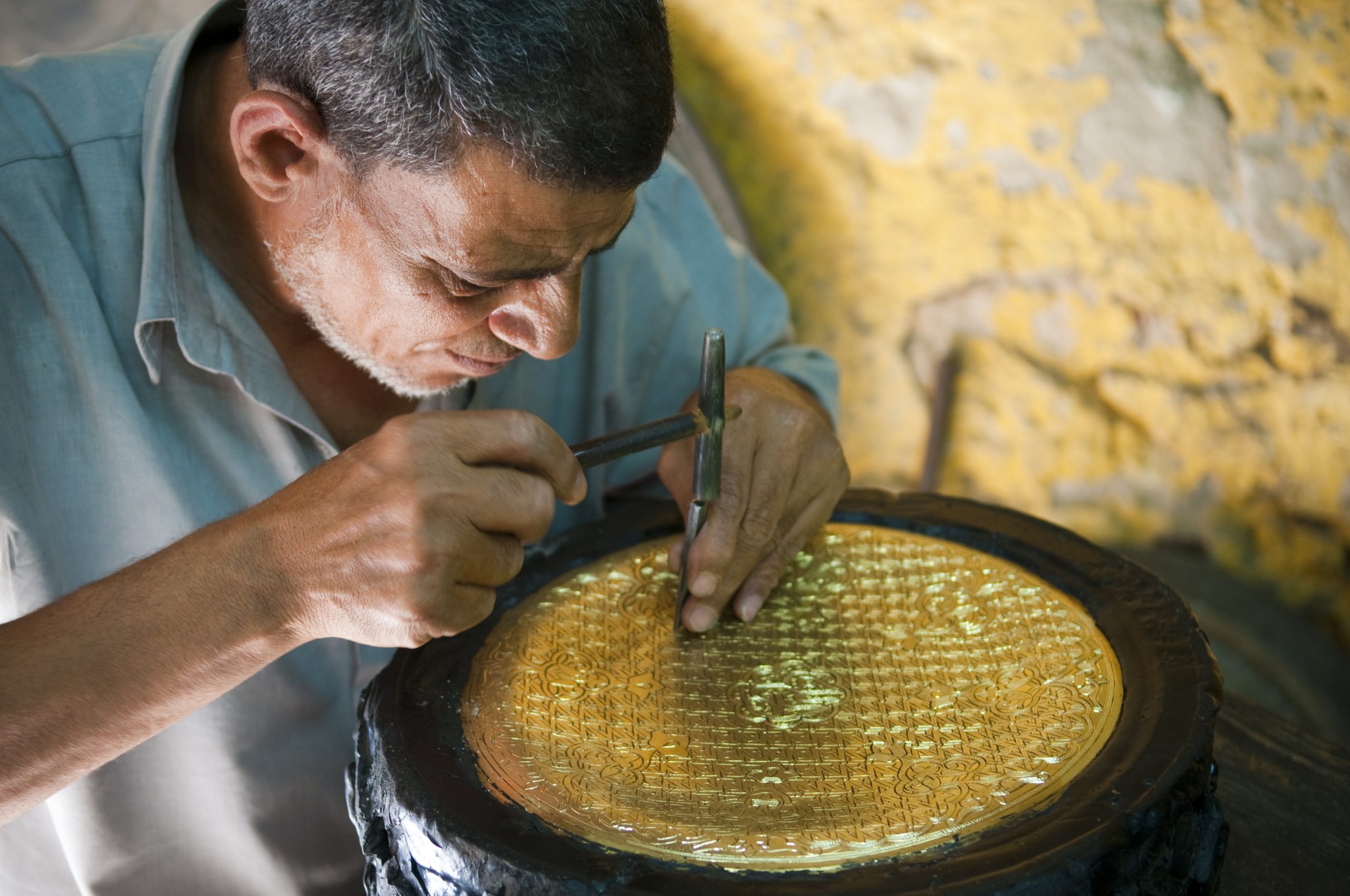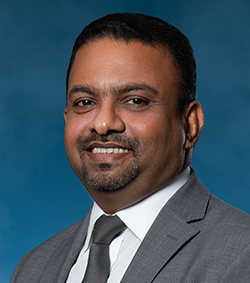Bolstering competitiveness; The Upper Egypt Local Development Program (UELDP)

The client
The Upper Egypt Local Development Program (UELDP) is a five-year initiative financially supported by both the Government of Egypt (GoE) and the World Bank (WB), with the latter contributing a substantial USD 500 million through a performance-based agreement.
The program aims to further local economic development across the governorates of Sohag, Qena, Minya, and Assiut by promoting decentralisation and sustainable growth in these relatively underdeveloped regions. The UELDP targets enhancing competitiveness in private sector development and improving local government capabilities for delivering quality infrastructure and services.
Key components of the program include improving the business environment, enhancing access to quality infrastructure, and engaging citizens and businesses.
The assignment
HLB Makary Consulting (HLBMC) was brought on board to lead the Cluster Competitiveness Initiative (CCI) as part of the UELDP's efforts to bolster competitiveness. This three-year study aimed to fortify the competitiveness of 14 clusters across four governorates, developing an improved strategic vision and tailored action plans.
HLBMC headed a consortium with cluster development from Barcelona, managing a team of 15 experts specialising in various fields such as value chain analysis, market research, and economics. The study involved extensive engagement with stakeholders through over 40 individual meetings per cluster and more than 30 Private Public Dialogue (PPD) workshops.
These efforts were underpinned by the widely recognized Cluster Development Approach, endorsed by international bodies like the World Bank and UNIDO, aimed at supporting members in addressing strategic challenges and driving sustainable growth.
The value we added
The CCI project provided significant added value through a thorough mapping and selection of potential clusters, conducting diagnostic analyses, and identifying future market trends to align business strategies with these insights.
Tailored action plans were crafted to achieve strategic objectives, detailing activities, responsible entities, and budgets while ensuring buy-in from both private and public sectors. The initiative also focused on capacity building by training local government agents to become cluster specialists and managing dialogues to encourage engagement.
A notable outcome was within the Tahta furniture cluster in Sohag Governorate, where the project successfully transitioned manufacturers towards producing higher-value products through education on serial and semi-customisation concepts. Practical applications included innovative design production, training on new business strategies and techniques, and participation in key local fairs that generated revenue and secured future sales.
Through these measures, the study not only raised awareness about cluster development's potential as a local economic tool but also paved the way for collaborative efforts among stakeholders to realise action plan initiatives.
More case studies






